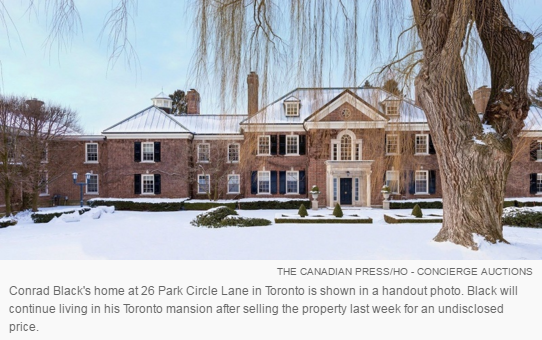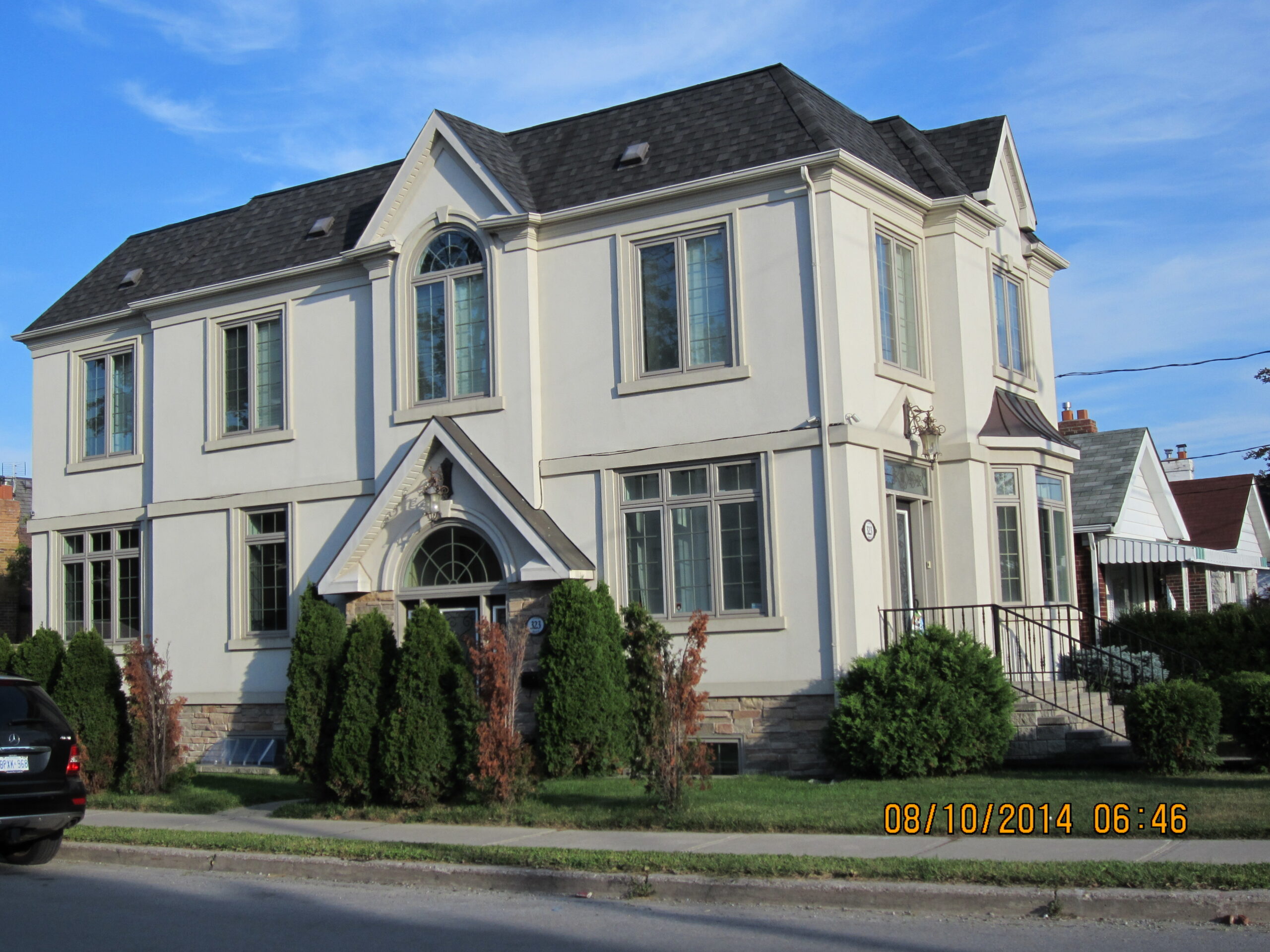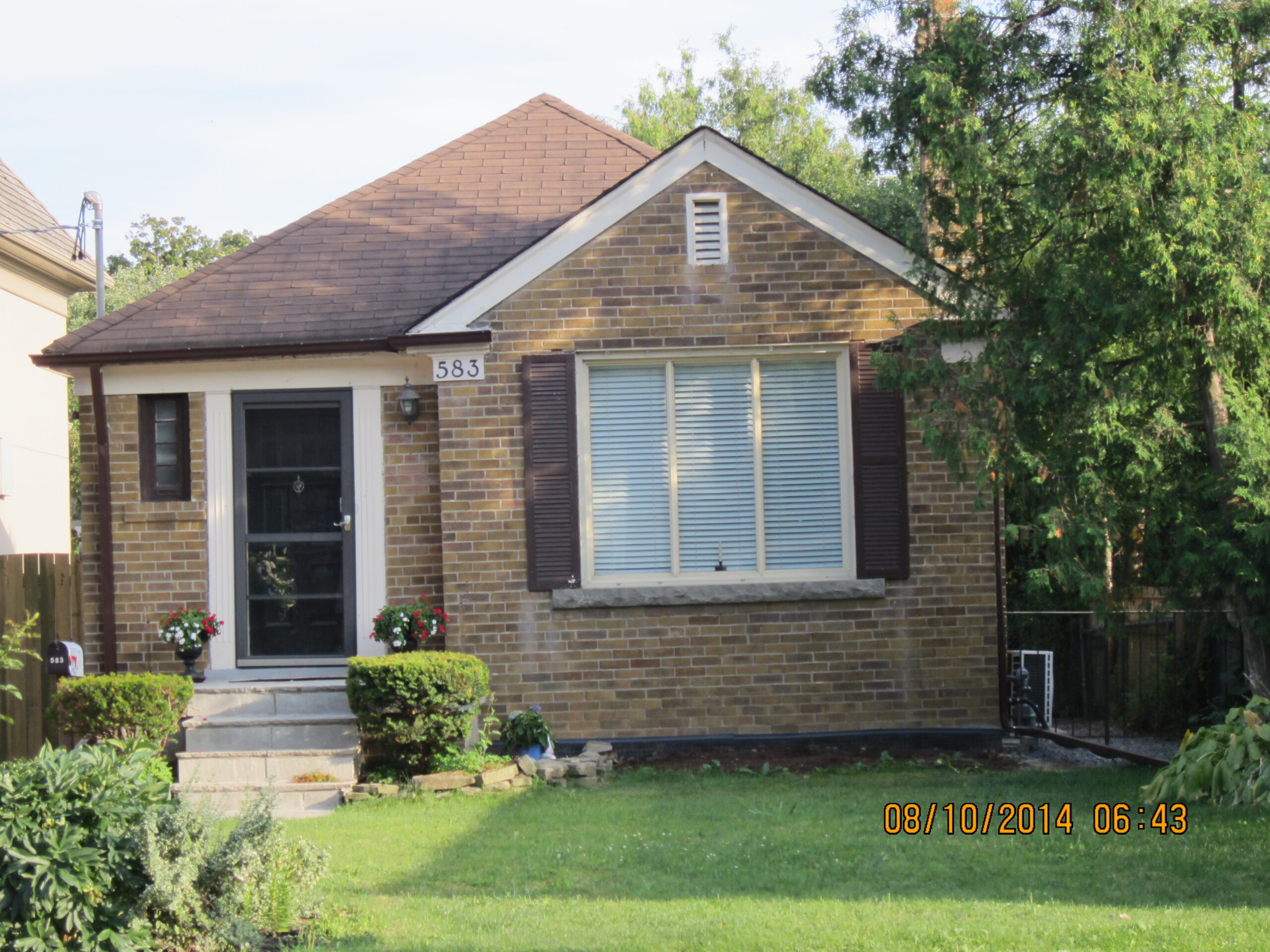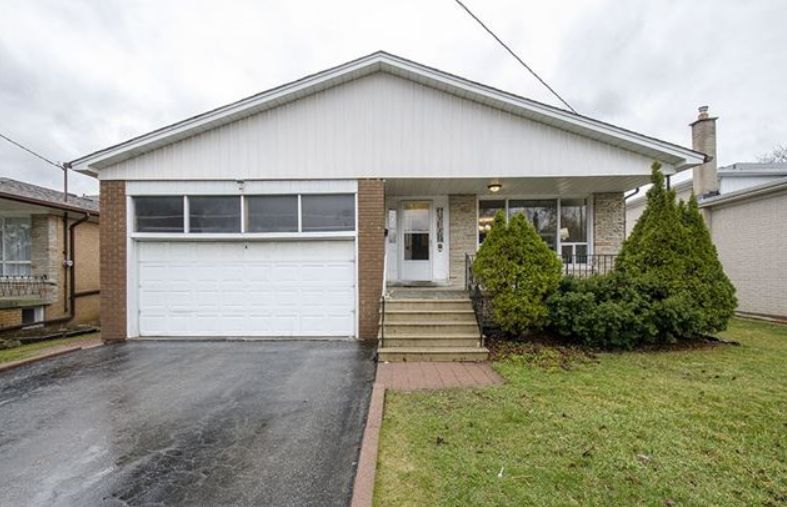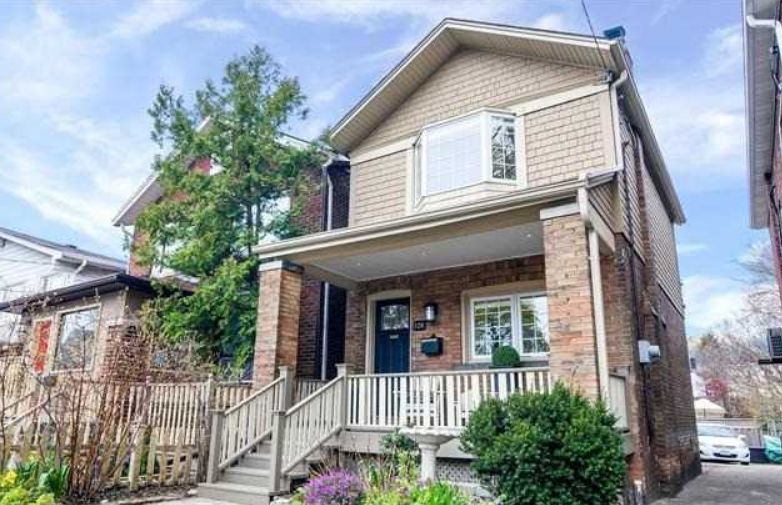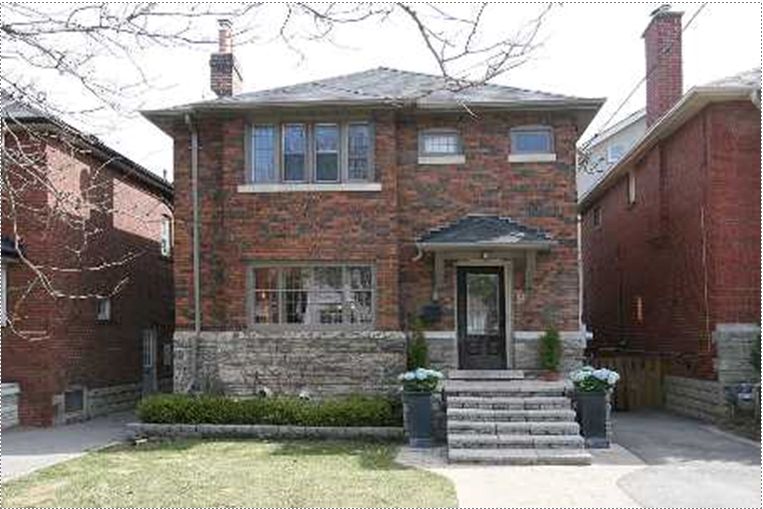A Toronto financial planner is now recommending some of her clients do a “Conrad Black” — that’s selling their house and renting it back.
Black, the former media mogul, sold his Bridal Path mansion last week, but is leasing it back. He’ll be paid for the sale — likely something in the neighbourhood of $20 million based on a recent valuation — and then pay rent to live there.
Details of the arrangement haven’t been made public. But, such agreements can be a smart financial move in the right situation, said Shannon Lee Simmons, a financial planner and founder of The New School of Finance.
“I think what Conrad Black has done is innovative and very cool,” she said. “If you’re selling your house and it’s been your primary residence, it’s a tax-free shot to your portfolio.”

CONCIERGE AUCTIONS
The leaseback makes sense for a sizeable segment of Toronto’s real estate market — boomers who’ve built up substantial equity in their homes as prices have increased for decades, she said.
“But so many retirees don’t want to downsize because they’re emotionally invested in the homes where they raised their kids and they have visions of grandbabies coming over,” Simmons said. “So, this is a cool, creative solution around that where you still cash-in on all the money.”
There’s an upside for potential landlords, too. Unlike most investment-property owners, they’re likely to get tenants who truly care about the home and will keep it in great shape, Simmons said.
Robyn Thompson, president of Castlemark Wealth Management, would also recommend a leaseback for some clients, but only they can come to the right agreement with the buyer.
“Yes, they’ll have access to the equity of the home, but what is the lease rate they’ll have to pay and what’s the term?” Thompson said, explaining some of the things to consider.
People interested in making the move should work with a financial planner, a real estate professional and a lawyer when drawing up the terms to make sure they’re protected.

